College of Human Sciences
Collaboration equips staff to support students with disabilities
On 28 February 2024, the Transformation Committee of the Department of Social Work in the College of Human Sciences, in collaboration with the Advocacy and Resource Centre for Students with Disabilities (ARCSWiD), created an opportunity for its staff members to learn how to best support students with disabilities.
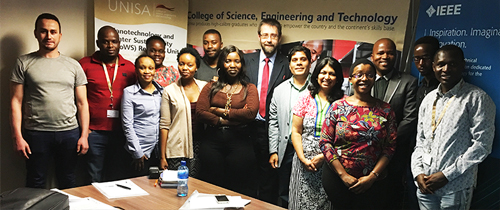
Front row: Prof Phuti Kgadima, Dr Robert Lekganyane, Hellen Moraka, Vuyokazi Maliwa, Bheki Nxumalo, Prof Paul Mbedzi and Khotso Rasengoatsi.
Middle row: Dr Jan Masombuka, Prof Modjadji Shirindi, Dr Gladys Bhuda, Gugu Mngadi, Vukati Ndlovu, Dr Tebogo Baloyi, Nomthimba Radebe-Matlou, Dr Cily Tabane, Prof Desiree De Kock, Veronica Malan-Lebona and Sophy Mabaso.
Back row: Keneilwe Kekana, Lerato Masia, Dr Percy Dipela, Andrew Spaumer, Keneilwe Modiga, Dineo Moseki, Deena Moodley, Nwabisa Veli, Prof Petro Botha and Dr Sandile Dhludhlu.
The one-day training session covered the following topics: understanding disability etiquette, fundamentals of sign language, strategies for accessible content, admission and financial aid processes, accommodating students with disabilities, orientation and mobility, and, lastly, creating an inclusive learning environment.
Prof Paul Mbedzi, Chair of the Department of Social Work, gave a warm welcome address, stating that training such as this is vital in equipping staff members to handle matters or challenges they encounter when dealing with people with disabilities in higher education institutions.
Bheki Nxumalo, Acting Deputy Director of ARCSWiD, said the main purpose of the capacity-building workshop was to enhance the inclusivity of teaching, learning and research activities for students with disabilities. "No student with a disability should be discouraged to learn because of lack of resources or support not being giving by the university," he said.
He further stated that ARCSWiD aims to promote collaborative student engagement strategies with academics and promote standards of universal design principles in curriculum design and inclusive learning.
It was indeed an informative and interactive workshop with a programme filled with speakers eager to share their knowledge on various topics. Gugu Mngadi, Orientation and Mobility Officer from the KwaZulu-Natal Region, provided guidelines on disability etiquette, for example, "refer to the person first and not the disability", "ask a person with a disability if you can assist" and "do not feed or pat a guide dog". She also did a roleplay on how to lead a blind person.
Sophy Mabaso, Unisa Sign Language Interpreter, gave a presentation on the importance of learning South African Sign Language (SASL) as an academic. Mabaso encouraged attendees to enrol for a short course in SASL. "This will not only assist you to communicate with deaf students, but can also open opportunities in other career fields," explained Mabaso.
Deena Moodley, Materials Production and Access Technology Coordinator, provided a mind or an eye shift when he invited attendees to listen to a snippet from a movie without watching the movie, then explained what was happening to a blindfolded colleague. Admission and financial aid processes for students with disabilities were explained by Vukati Ndlovu, Registration.
Helen Moraka, Acting Academic Support Officer, made attendees aware that students must provide proof of their disabilities to access resources as there are students who try to abuse scarce resources.
In conclusion, Prof Petro Botha, who was part of the organising committee, said the Department of Social Work and ARCSWiD paved the way for further liaison in their joint effort to facilitate the full development of Unisa’s students with disabilities. "This is a collaboration that will benefit both the staff members and students with disability; we will now approach curriculum development differently," concluded Botha.
* Submitted by Prof Petro Botha and Nnana Jege, College of Human Sciences
Publish date: 2024/03/12
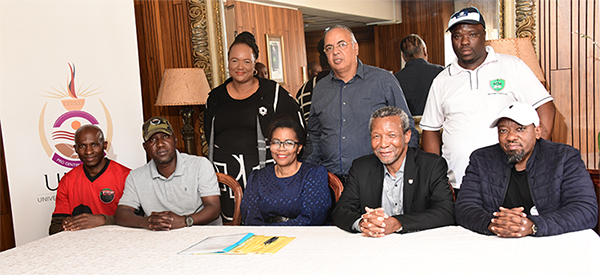
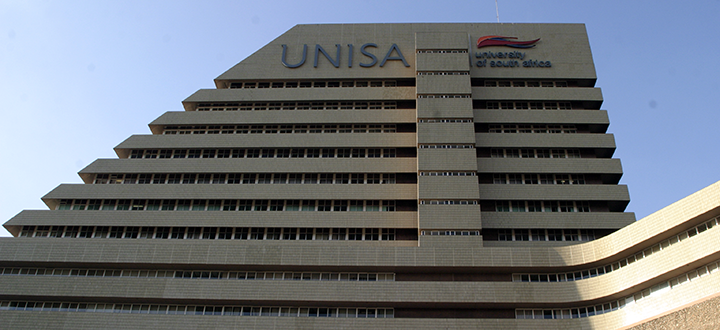 Unisa attains second position among SA universities for research excellence
Unisa attains second position among SA universities for research excellence
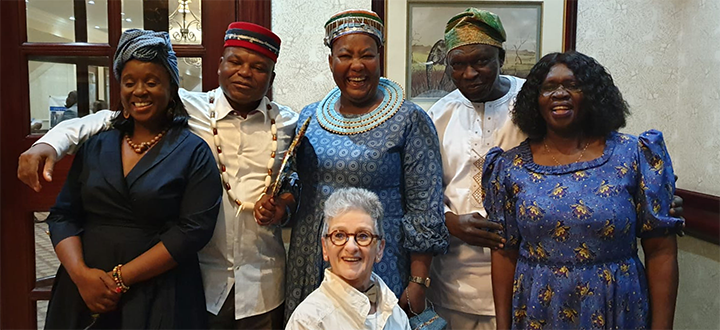 Unisa Western Cape staff shine at two international conferences
Unisa Western Cape staff shine at two international conferences
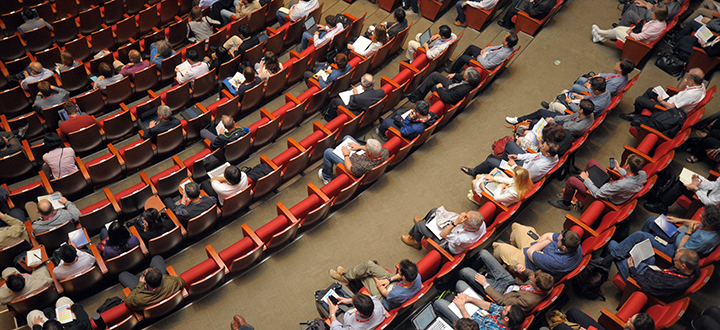 Unisa Catalytic Niche Area Research Symposium seeks to demystify misconceptions about expectations and research in the CNAs
Unisa Catalytic Niche Area Research Symposium seeks to demystify misconceptions about expectations and research in the CNAs
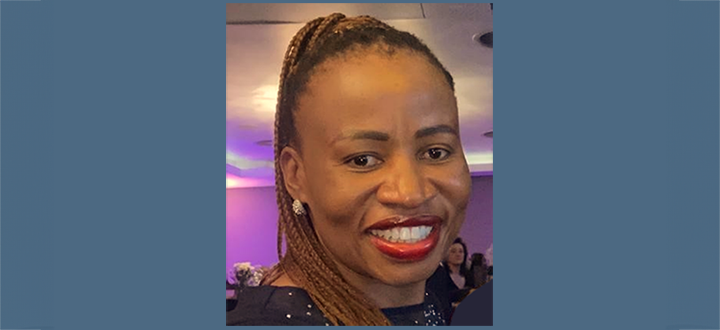 Unisan's input key to successful National Risk Report
Unisan's input key to successful National Risk Report
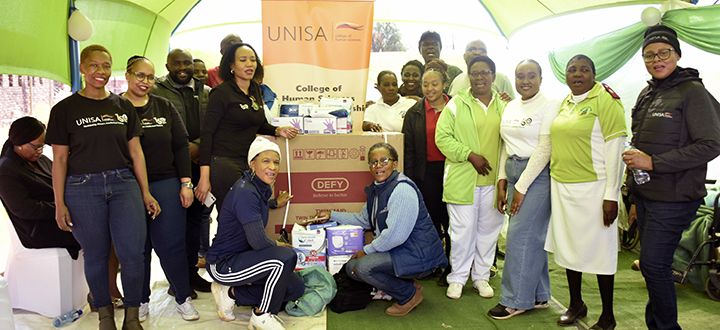 Unisans commemorate Mandela Day with the elderly
Unisans commemorate Mandela Day with the elderly